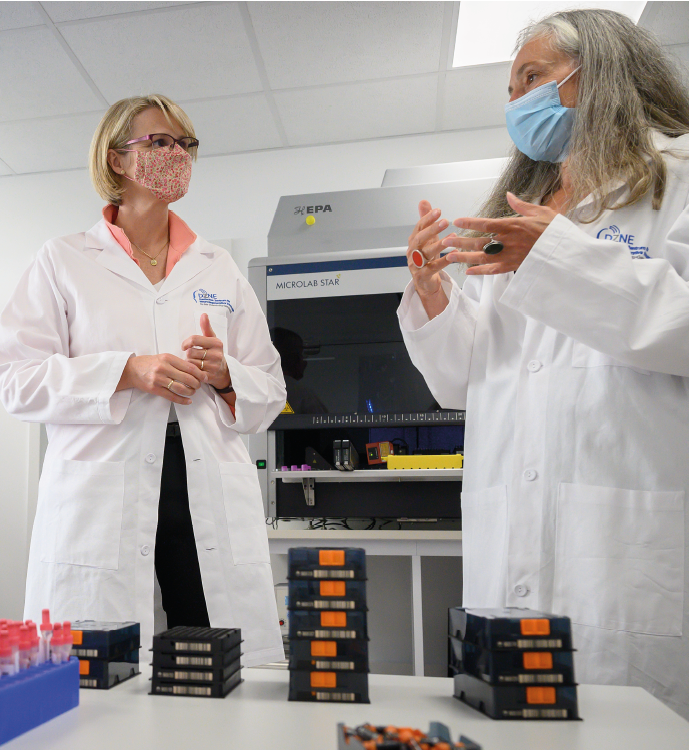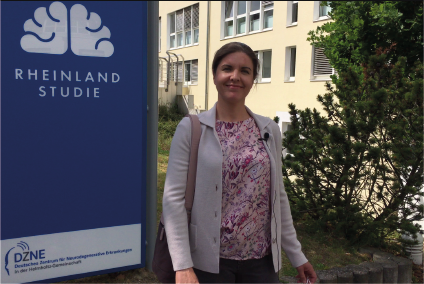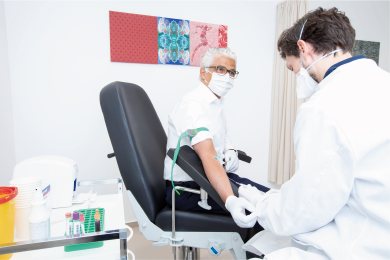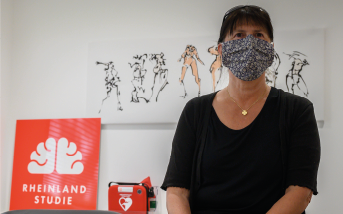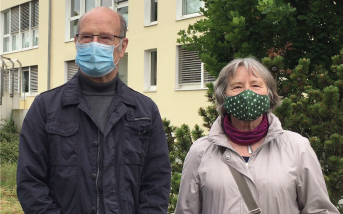From the very beginning of the pandemic, it was obvious that we wanted to use the data from the Rhineland Study to better understand the impact of the coronavirus. Nearly 5,000 participants in the Rhineland Study accepted our invitation to give blood and have it tested for antibodies in Christian Drosten's laboratories at Charité Research Organisation, Berlin. Antibodies are a sign that an infection has occurred and can be measured even after the acute infection has passed. With our Corona study, we wanted to investigate how many people had already been infected with the virus.
Corona Study
Research for health in the pandemic
Process
The most widely used antibody test is the so-called ELISA test (Enzyme-linked Immunosorbent Assay). For our study, we also examined all blood samples with an ELISA test in the first step. The big advantage of the ELISA test: it is fast. The disadvantage: one cannot confirm precisely with the ELISA test whether the antibodies found are against SARS-CoV-2 or a common corona cold virus. Therefore, if the result was clearly positive or borderline, further testing followed. In this multi-stage procedure, the team led by Christian Drosten then used immunofluorescence and neutralization tests to determine whether the antibodies were specifically directed against SARS-CoV-2 and also had a neutralizing effect, meaning whether they were able to "neutralize" or kill the SARS-CoV-2 virus. If this is the case, i.e. neutralizing antibodies could be found, it is considered certain that the person tested actually had contact with the novel coronavirus (SARS-CoV-2), and not just any cold virus. This is because neutralizing antibodies are very specific to a viral strain and form an important part of immunity after a person has been through an infection.
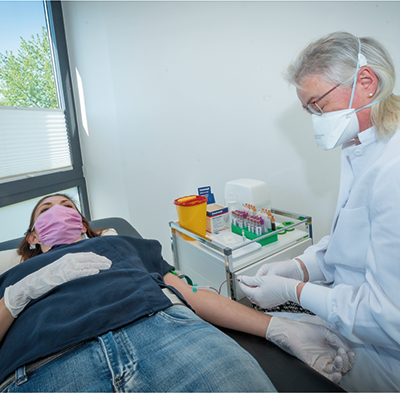
Findings
About one percent of the participants in our study had a reactive ELISA test. This part of the test group was then subjected to the above-mentioned neutralisation test. Neutralising antibodies against SARS-CoV-2 were found in only about one third of the people who tested positive in the first step. This low number of people tested positive for neutralising antibodies means, conversely, that our participants and people in areas with similarly low confirmed COVID-19 case numbers were still very vulnerable to the virus.
Repeated blood sampling of participants with neutralising antibodies in September gave us further valuable insights: It showed that the neutralising antibodies were no longer detectable in about 20 percent of the participants within 3 to 5 months. This result indicates that no long-term immunity to the coronavirus is formed in at least some of those infected. However, much remains unclear: both the duration and the degree of the alleged immunity.
